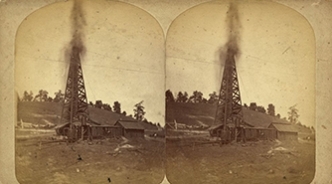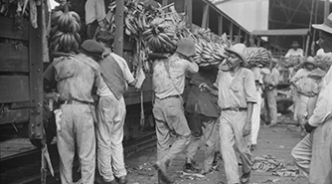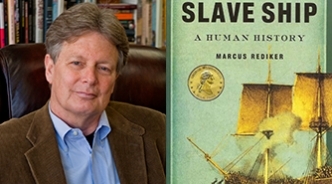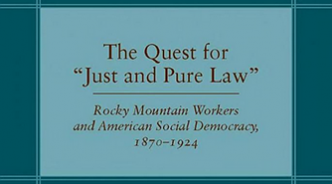History for the Future
Through interviews with historians and journalists, History for the Future explores the historical roots of contemporary social issues and policies, often revealing the hidden assumptions and political choices defining the present.
| | Economy, Education | | Environment, History, Trade |
| | Economy, Environment | | Environment, History, Trade |
| | History, Race, Trade | | History, Labor |






